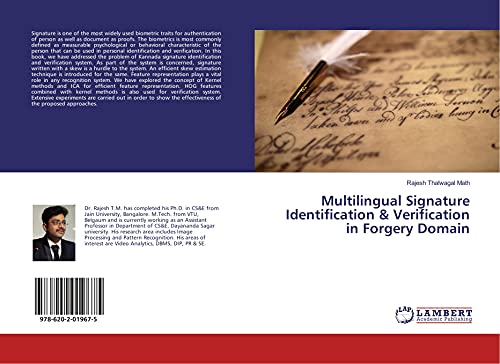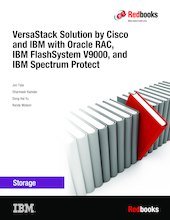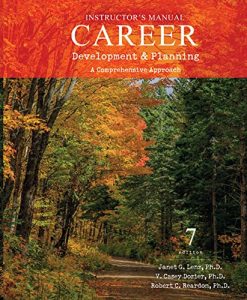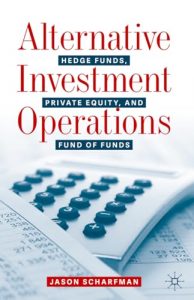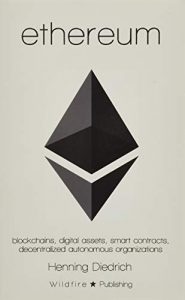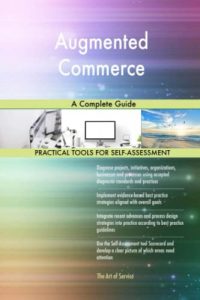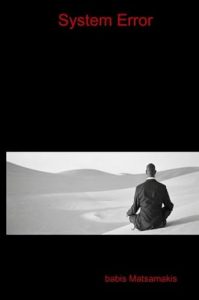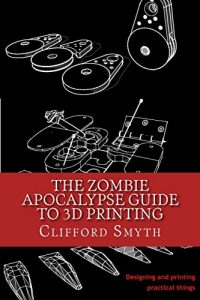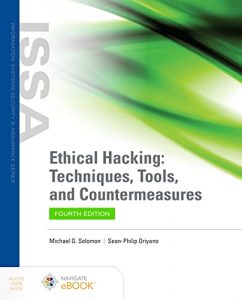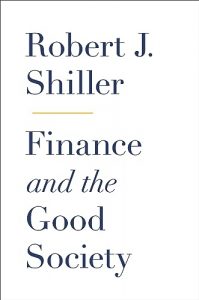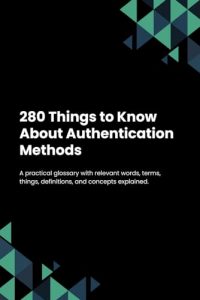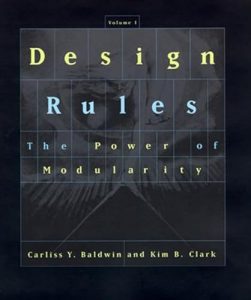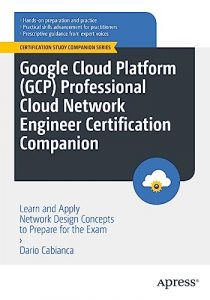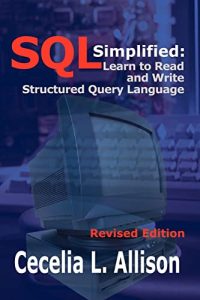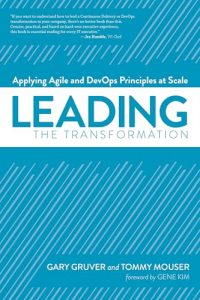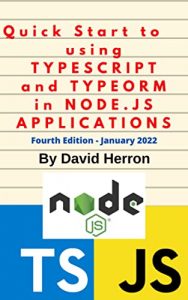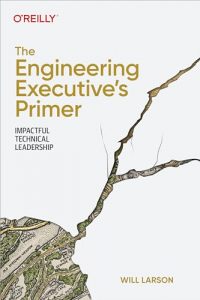1. Multilingual Signature Identification & Verification in Forgery Domain
Written by Thalwagal Math and Rajesh, this groundbreaking book delves into the intricacies of multilingual signature identification and verification. It is essential for professionals engaged in document security and forensic analysis, providing a comprehensive overview of techniques to detect forgery across different languages. It combines theoretical foundations with practical applications, making it an indispensable resource for those involved in security and verification processes. The authors’ expertise shines through in their detailed analysis, making complex concepts accessible to readers. Whether you are in academia or the workforce, this book can significantly enhance your understanding of signature verification.
2. RF & µWave Measurements: For Design, Verification and Quality Control
Authored by Shiv Prasad Tripathy, this book is an essential guide for engineers working with RF and microwave technologies. It covers comprehensive methodologies for measurements that are crucial during design and quality control processes. With an increasing reliance on wireless technologies, understanding RF and microwave measurement techniques becomes indispensable. The practical insights and detailed explanations make it suitable for both students and professionals looking to deepen their knowledge in this area. This book allows you to grasp complex concepts and apply them in real-world scenarios, ensuring you stay ahead in this fast-evolving field.
3. Formal Methods for Software Engineering
This collaborative work by Markus Roggenbach and others explores the foundational and practical aspects of formal methods in software engineering. Aimed at professionals and researchers, it discusses languages, methodologies, and application domains that ensure software reliability and correctness. As software complexity increases, formal methods become crucial for developing secure systems. This book offers insightful discussions, case studies, and application scenarios that enhance understanding of these rigorous approaches, providing excellent guidance for anyone seeking to elevate their software engineering practices.
4. Unsettled Domains Concerning Autonomous System Validation and Verification Processes
Fabio Alonso Da Silva’s insightful exposition on the complexities surrounding the validation and verification of autonomous systems is a must-read for engineers and researchers in the burgeoning fields of robotics and artificial intelligence. With the advent of autonomous technologies, ensuring their safe operation is paramount, and this book addresses the ambiguities in current methodologies. It is rich with analytical insights and practical case studies, essential for anyone tasked with developing or overseeing autonomous systems, ensuring you are aware of the latest trends and practices in verification.
5. Modeling and Simulation Fundamentals
In this comprehensive guide by John A. Sokolowski and Catherine M. Banks, readers will explore the underlying theoretical frameworks of modeling and simulation, crucial for engineers across various industries. The book emphasizes the practical applications of simulation in understanding complex systems, providing valuable methodologies and analyses that equip readers with the necessary skills to apply these concepts in real-world challenges. It is an essential resource for both students and practicing professionals who aim to enhance their understanding and execution of modeling and simulation principles.
6. Time and Frequency-Domain Cross-Verification of SLS 6DOF Trajectory Simulations
Written by Tannen VanZwieten, this specialized book examines the processes involved in the cross-verification of six degrees of freedom (6DOF) simulations, focusing on time and frequency-domain analyses. It is a technical manual suitable for engineers and researchers engaged in simulation and systems analysis. The meticulous approach taken in this book allows readers to understand and implement cross-verification techniques effectively, vital for accuracy in simulation outputs. This resource is invaluable for those looking to improve their skills in trajectory simulation and validation.
7. Verification of NCODA Assimilation in the HYCOM Gulf of Mexico Domain
James A. Cummings’ work focuses on verifying the quality and efficiency of assimilation processes within ocean modeling systems. This book provides an enlightening perspective on the verification processes vital for improving oceanographic models and predictions. It’s particularly relevant for researchers in environmental science, climate studies, and related disciplines. The discussions around complex assimilation techniques highlight the importance of accurate data verification processes, making this an important read for anyone involved in oceanography or environmental modeling.
8. Verification, Model Checking, and Abstract Interpretation: VMCAI 2007
Edited by Byron Cook and Andreas Podelski, this compilation from the 8th International Conference on verification and model checking provides modern insights into various techniques for ensuring software reliability. It integrates original research that aims to improve the processes of software verification through model checking and abstract interpretation. Suitable for teachers, students, and practitioners, this work emphasizes innovative approaches to unresolved questions in verification facilitation, essential for those dedicated to software quality assurance.
9. Verification, Model Checking, and Abstract Interpretation: VMCAI 2009
This conference proceedings, edited by Neil Jones and Markus Müller-Olm, encapsulates pivotal discussions focused on the methodologies that drive model checking and abstract interpretation in software systems. Presented at the 10th VMCAI conference, the papers cover various advanced topics relevant for engineers and researchers engaged in software verification. This comprehensive volume is a significant reference for understanding current trends and future directions in formal verification methods.
10. NASA Formal Methods: NFM 2022
This authoritative volume from the 14th International Symposium on NASA Formal Methods offers cutting-edge research on the applications of formal methodologies in the aerospace domain. Edited by Jyotirmoy V. Deshmukh and colleagues, it is vital for anyone involved in systems engineering for safety-critical environments. The book discusses novel techniques for validation and provides contributions that reflect ongoing advancements in formal methods, making it essential reading for both academics and industry professionals aiming to elevate their practices in system verification.

